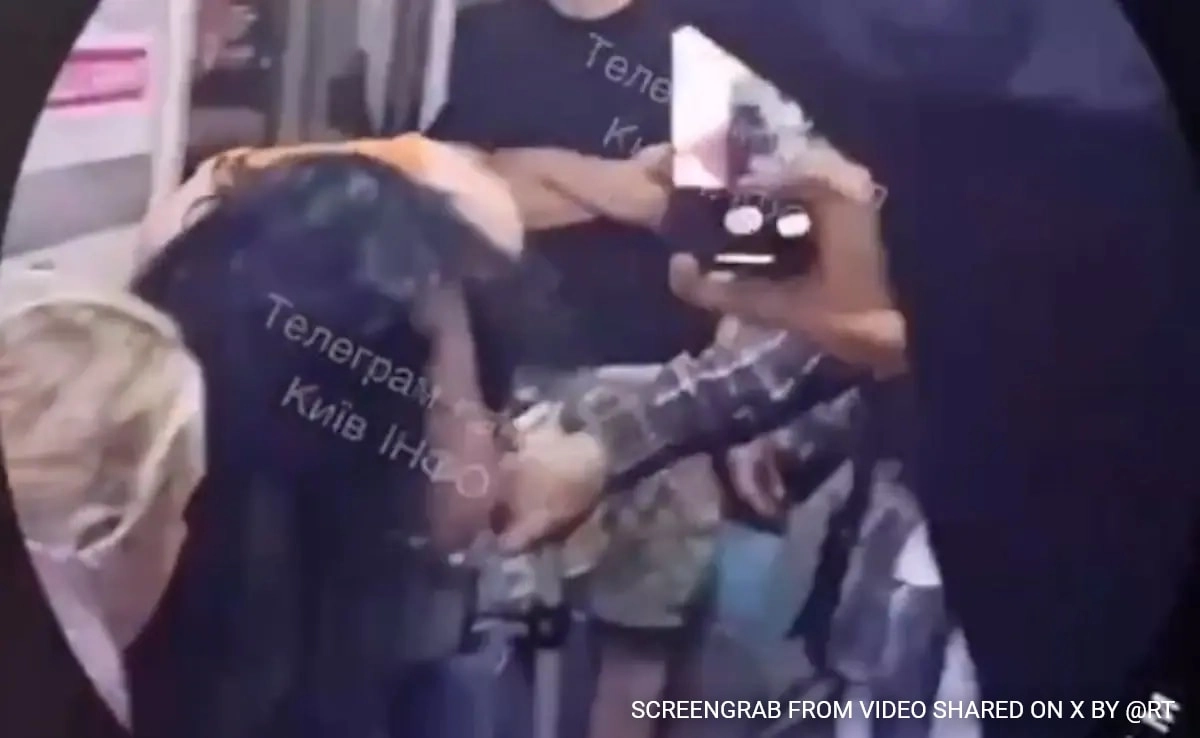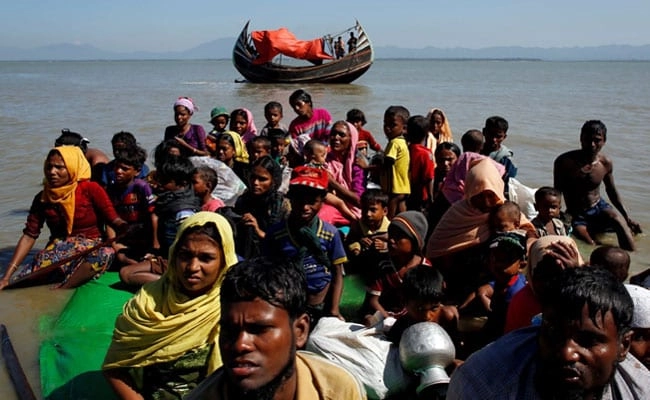In a troubling incident that has captured widespread attention, a woman was violently assaulted in the Kyiv Metro for expressing support for Russia by shouting “Glory to Russia.” This event not only highlights the ongoing tensions between Ukraine and Russia but also raises concerns about the limits of free expression in a society deeply affected by conflict. The video footage of the incident quickly circulated on social media, sparking outrage and discussions about the implications of nationalism and the polarizing sentiments in the region.
The attack, which involved multiple assailants who kicked and beat the woman, underscores the volatile atmosphere in Ukraine as the country continues to grapple with the repercussions of the ongoing war with Russia. Many Ukrainians have strong feelings toward Russia, especially in light of the recent military actions and historical grievances. This incident exemplifies how expressions of loyalty to Russia can provoke severe backlash, illustrating the societal divides that have emerged since the onset of the conflict.
Moreover, the incident raises critical questions regarding the safety and rights of individuals in polarizing environments. While the expression of political opinions is a fundamental aspect of democratic societies, the violent reaction to the woman’s statement suggests that such freedoms may be curtailed in contexts where nationalism is fervently upheld. The public’s reaction to the video has varied, with some condemning the violence and others showing support for the attackers, which reflects the deep-seated divisions that exist within Ukrainian society.
As the situation unfolds, it is essential to consider the broader implications of such incidents on social cohesion and the potential for further violence. The incident serves as a stark reminder of the consequences of political expression in a country where identities are heavily influenced by historical conflicts. Moving forward, addressing these tensions will require a nuanced understanding of the complexities involved and a commitment to fostering dialogue that can bridge the divides within society.




